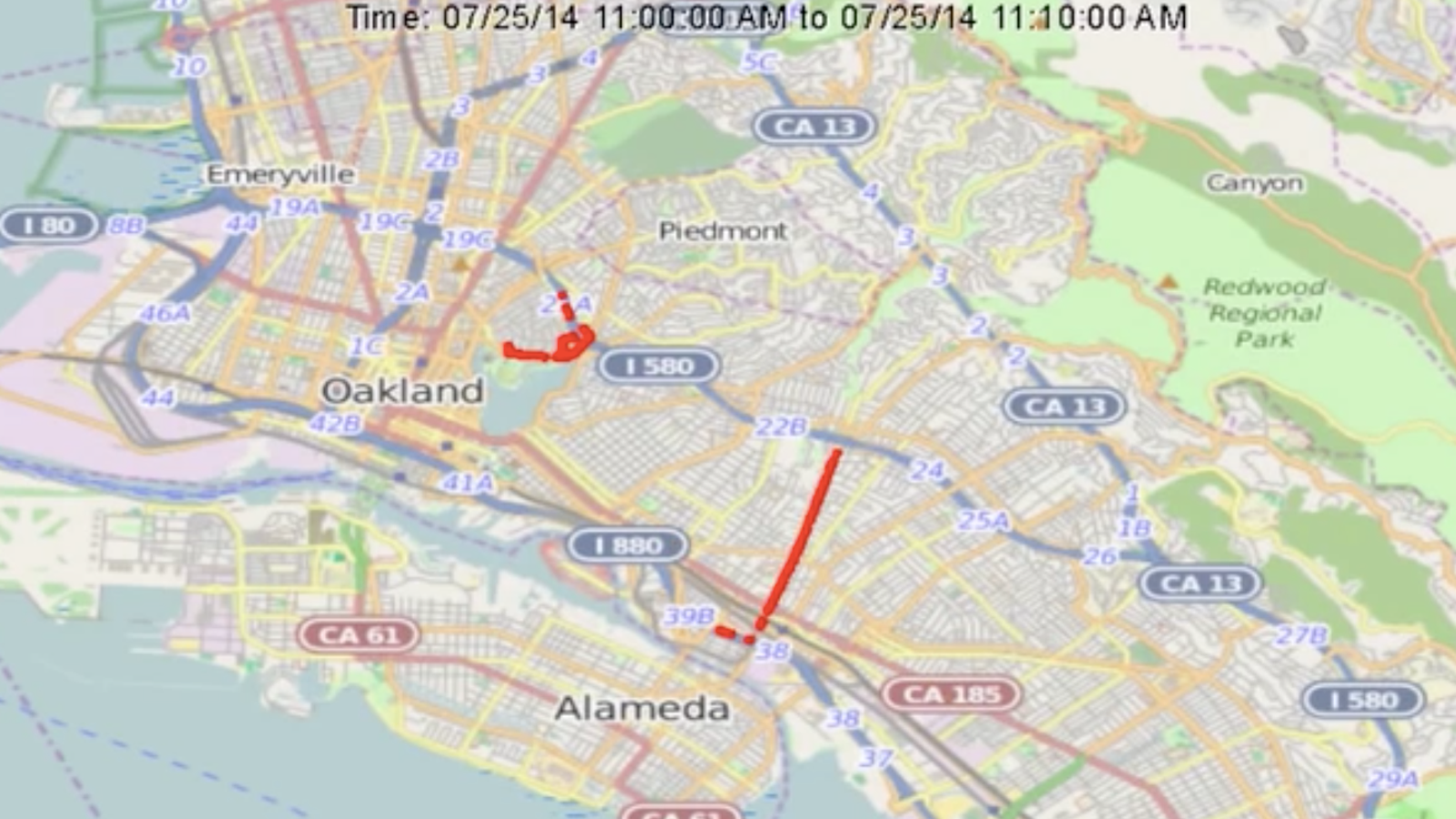https://gizmodo.com/california-officials-admit-to-using-license-plate-reade-1828313821

Since 2016, Sacramento County officials have been accessing license plate reader data to track welfare recipients suspected of fraud, the Sacramento Bee reported over the weekend.
Sacramento County Department of Human Assistance Director Ann Edwards confirmed to the paper that welfare fraud investigators working under the DHA have used the data for two years on a “case-by-case” basis. Edwards said the DHA pays about $5,000 annually for access to the database.
Abbreviated LPR, license plate readers are essentially cameras that upload photographs to a searchable database of images of license plates. Each image captured by these cameras is annotated with information on the registered owner, the make and model of the car, and time-stamped GPS data on where it was last spotted. Those with access, usually police, can search the database using a full or partial license plate number, a date or time, year and model of a car, and so on.
If a driver passed by an LPR four times throughout a city, an officer with access would know where and at what time of day. Anyone with access to that data could use it track where someone drove and when, provided they were scanned by the LPR. The privacy concerns are obvious, as where people go reveals a lot of privileged information about them. For instance, they could be visiting an STI clinic, an immigration office, or a relative’s homes.
“The use of these really invasive tools… really bothers me, because we’re really talking about small amounts of money and people who in the main are not actually committing fraud,” Mike Herald, director of the Western Center on Law and Poverty, told the Sacramento Bee. “I think we’re only picking on a group of people who are extremely poor and they want to create a perception with the public that there is a real big fraud problem with welfare programs.”
It’s not immediately clear how travel patterns might reveal welfare fraud. As noted by the Electronic Frontier Foundation, welfare fraud is statistically speaking, extremely rare. In 2012, the DHA found only 500 cases of fraud among Sacramento’s 193,000 recipients.
Following an inquiry from the EFF, the DHA has instituted a privacy policy (one that didn’t exist before their initial inquiry) requiring investigators to justify each request for LPR data. The Sacramento Bee reports the DHA accessed the data over a thousand times in two years.
via Gizmodo https://gizmodo.com
August 13, 2018 at 05:03PM
